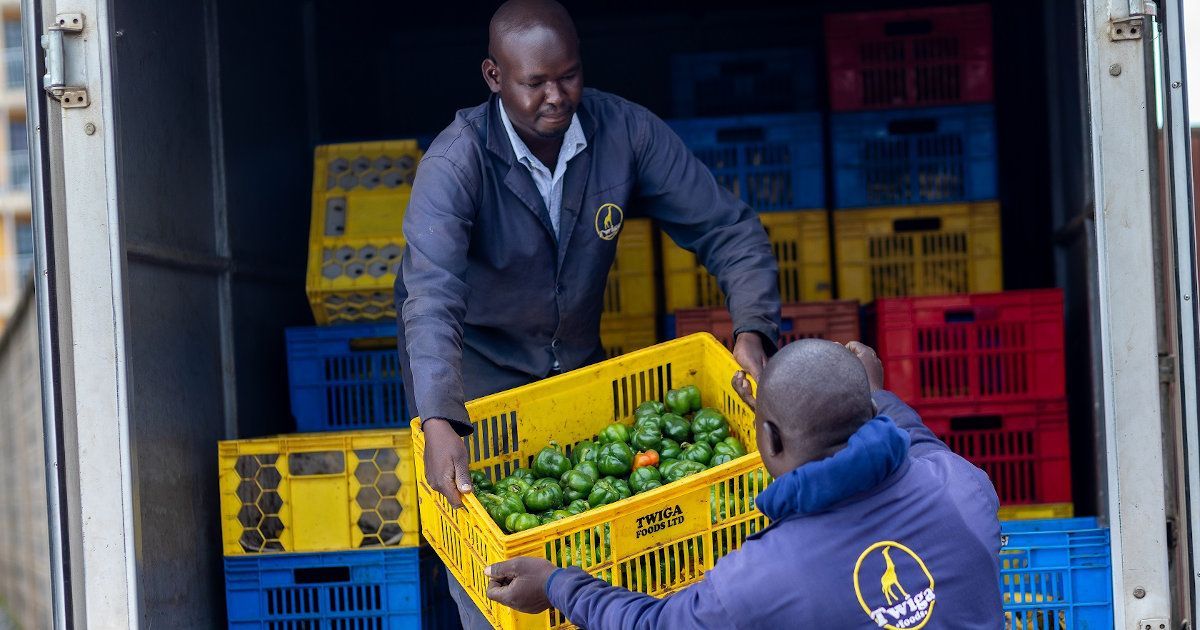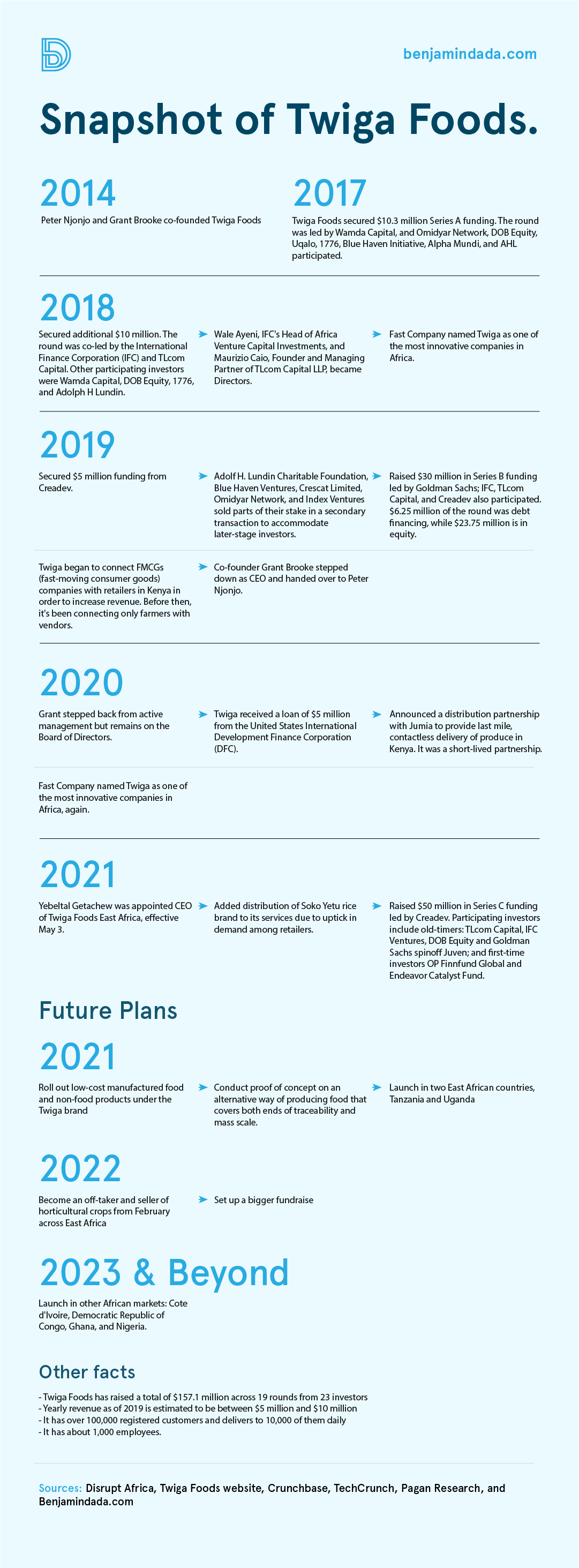Twiga Foods lays off 21% of its employees
Twiga has laid off 211 of its full-time employees as a result of restructuring. This has eliminated the startup’s in-house sales team.

Twiga Foods, a Kenyan business-to-business (B2B) food marketplace has downsized its workforce by 21%, laying off 211 of its full-time employees.
The dismissed staff are part of the company's in-house sales department, they now have the option to work for Twiga Foods as independent agents with pay based on sales and customer acquisitions.
"Twiga recently launched a new optimized sales agents’ program... where current trade development representatives will transition from permanent employees into independent agents on a 100% commission basis," Twiga Foods told TechCrunch. The company argues that its activities are within the labour laws of its jurisdiction.
The company claims that by the end of Q1 2023, it will have generated 1,000 opportunities using the agent model.
"This transition creates an opportunity for entrepreneurship open to former sales agents and the general public. The benefit of this transition is that it allows for higher earnings based on the effort and enterprise of the agent. This model has worked with other businesses like insurance and banking that have transitioned fully into Independent Agents in Kenya," the company added.
Founded in 2014, Twiga Foods raised $50 million in a Series C round in November 2021. Part of this funding according to the company was meant to be invested in proof of concept: an alternative way of producing food that covers both ends of traceability and mass scale. Meanwhile, the remaining part of the funding will be used to roll out low-cost manufactured food and non-food products under the Twiga brand.
At the time of this report, Benjamindada.com is yet to confirm if the company implemented these prospects.
Twiga Foods has joined the list of companies across the globe that are laying off their employees due to the global economic downturn. Wave, 54gene, Sendy and Vezeeta are some of the African tech companies that have downsized their workforce within this period.
Kune, a Kenyan startup that was also operating in the food distribution industry closed down operations due to the "economic downturn and investment markets tightening up,"







